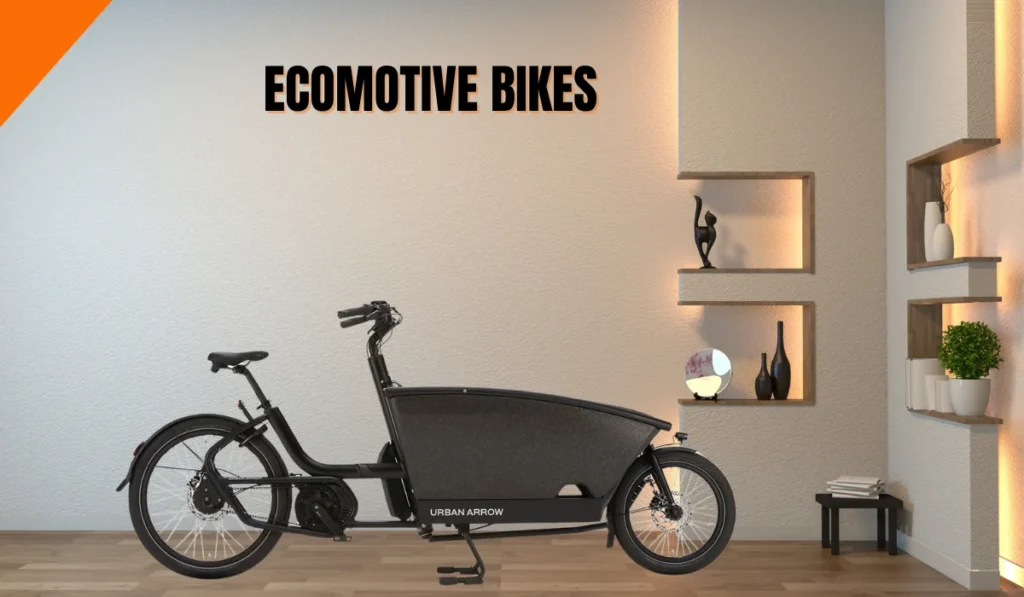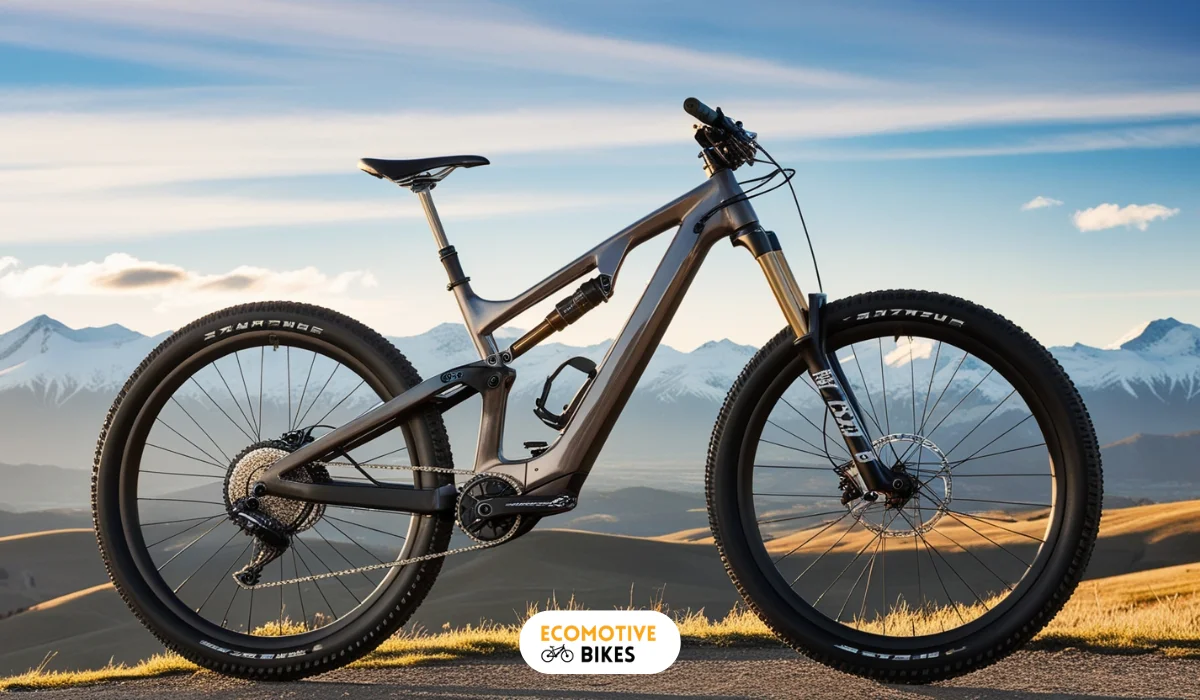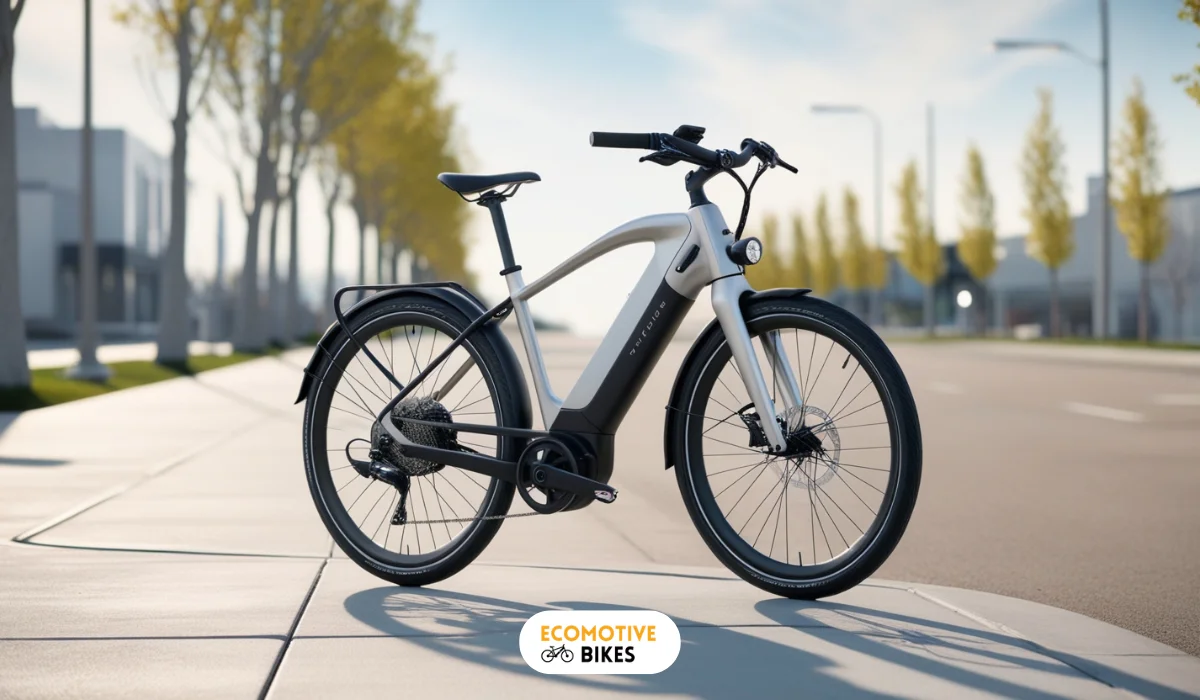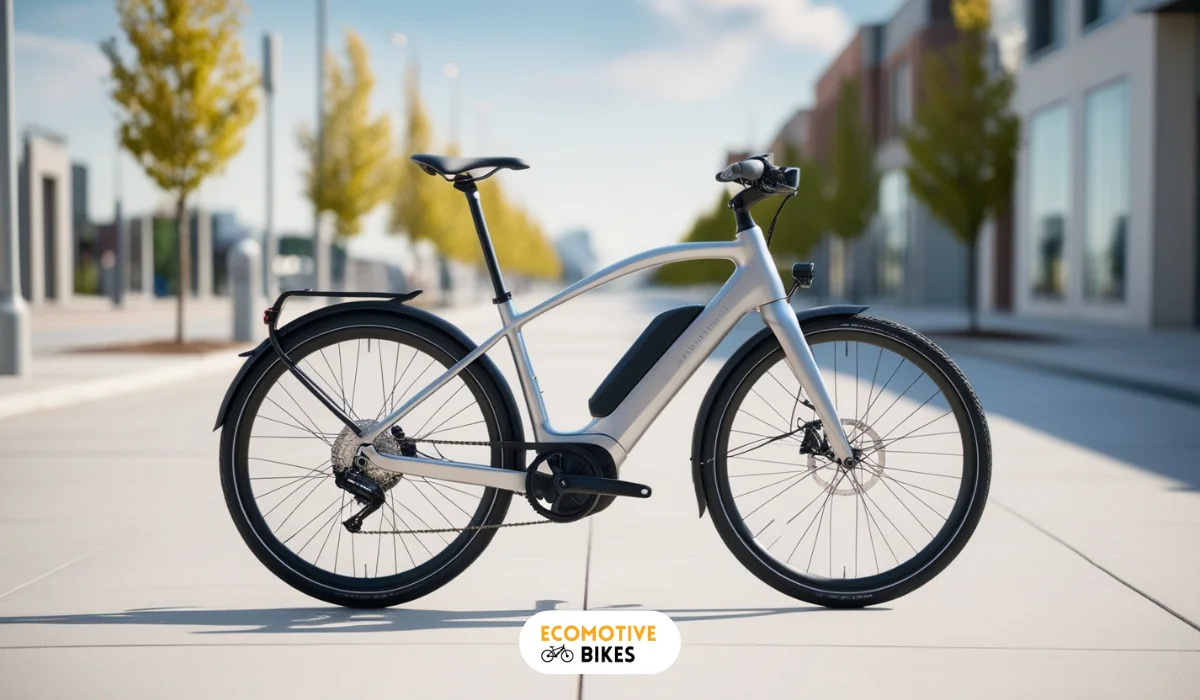Europe To Up Its Safety Standards For Commercial Cargo E-Bikes Due To Increased Use
Europe to up its safety standards for commercial cargo e-bikes, ensuring safer and more reliable transportation solutions for businesses.
Table of Contents
Related Articles:
E-Bikes, especially cargo e-bikes, have become increasingly popular in Europe, prompting a reevaluation of safety standards. Following a scandal involving Babboe’s cargo bikes and e-bikes, which led to a criminal investigation, the European Union has introduced new, more stringent testing standards for commercial cargo e-bikes.
These standards, outlined in EN 17860, will ensure that cargo e-bikes used for work purposes are stable and reliable, with specific tests for pedaling force, stability, and weight capacity. This move towards increased safety regulations is a significant step towards protecting consumers and ensuring the reliability of commercial cargo e-bikes in Europe.
The Need for Stricter Safety Standards

The Babboe Recall and “Cargobikegate”
Safety has been at the forefront of discussions following the recall of 22,000 cargo bikes and e-bikes by Babboe due to frame failures and cracks. The scandal, dubbed “cargobikegate,” has highlighted the importance of ensuring the safety of these vehicles for users, particularly families with young children.
Calls for Increased Safety Measures
Measures to increase safety standards for cargo bikes and e-bikes have gained traction, with demands for stricter regulations and testing procedures. The introduction of new rules, such as differentiating between private and commercial use, and conducting stability tests at varying speeds and load capacities, aims to address the concerns raised by incidents like “cargobikegate.”
With the introduction of standards like EN 17860 in Europe, there is a clear recognition of the need for enhanced safety measures in the design and testing of cargo e-bikes. This move not only ensures the protection of users but also signifies a shift towards prioritizing consumer safety in the cycling industry.
New Standards for Commercial Cargo E-Bikes
EN 17860: Differentiating between Private and Commercial Use
One significant aspect of the new standards for commercial cargo e-bikes is the differentiation between those used for private purposes versus commercial use. This will ensure that cargo e-bikes intended for work-related activities are designed with extra durability to withstand the increased wear and tear they are likely to face.
Enhanced Testing for Pedaling Force and Stability
With the implementation of EN 17860, cargo e-bikes used commercially will undergo enhanced testing for pedaling force and stability. The testing will include stability evaluations at varying speeds with differing weight capacities to ensure the cargo e-bikes are safe and secure for use in commercial settings.
The new testing standards will require cargo e-bikes to be tested for stability at speeds of 15km/h and 25km/h with varying weight loads, as well as evaluating their stability when parked. These rigorous tests are aimed at ensuring that cargo e-bikes used commercially are built to withstand the demands of regular use and minimize the risk of accidents or failures.
Implications for Manufacturers and Consumers
Separate Products for Commercial vs. Private Use?
One consideration for manufacturers in light of the new safety standards for cargo e-bikes in Europe is whether to create separate products for commercial vs. private use. With commercial cargo e-bikes likely to endure more wear and tear, creating specialized products could ensure better durability and longevity for those bikes.
Increased Safety for Consumers in the EU and Beyond
Commercial cargo e-bikes used for work purposes will now have to adhere to stricter testing standards for stability and ergonomics in Europe. This will lead to increased safety for riders, especially those with young children, as they can be confident in the reliability of their cargo e-bikes while commuting or transporting goods.
The new standards set forth in EN 17860 will not only improve safety for consumers in the EU but also potentially impact cargo e-bikes imported into the U.S. Manufacturers may choose to conform to these standards to enhance consumer safety worldwide, ultimately benefiting riders and their families.
Conclusion
As a reminder, the recent “cargobikegate” scandal involving Babboe has prompted Europe to enhance safety standards for commercial cargo e-bikes. The introduction of new regulations under EN 17860 will ensure that these vehicles are rigorously tested for stability and endurance, particularly when used for work purposes. While the U.S. may adopt similar standards, the focus now is on improving safety measures to protect users of cargo bikes and e-bikes across Europe.





